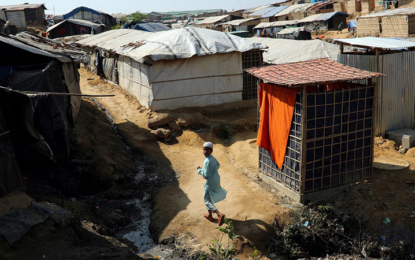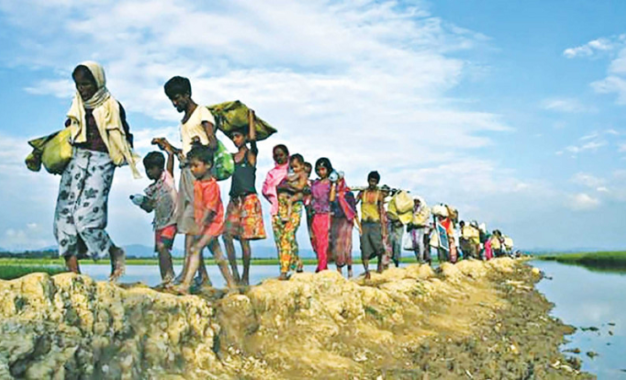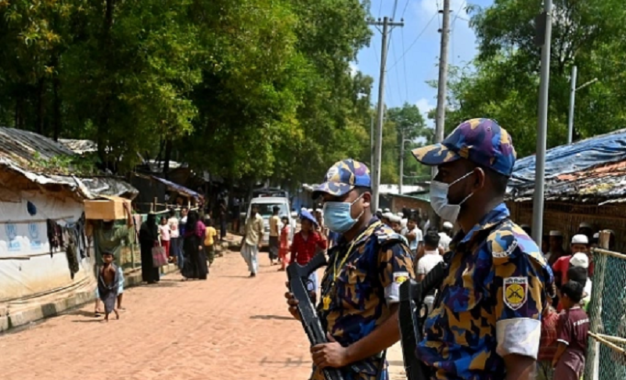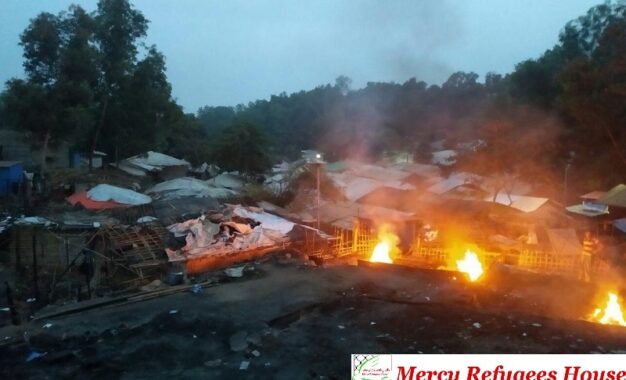Latest News
Conditions are horrific at Greece’s ‘island prisons’ for refugees. Is that the point?
Greece, Help Refugees, Human Rights

The first thing you notice is the smell: the stench from open-pit latrines mingling with the odor of thousands of unwashed bodies and the acrid tang of olive trees being burned for warmth.
Then there are the sounds: Children hacking like old men. Angry shouts as people joust for food.
And, finally, the sights: Thin, shivering figures drinking water from washed-out motor oil jugs. A brown-haired girl of no more than 3 clutching a fuzzy toy rabbit and smiling as she repeats to all who will listen, “I love you. I love you.”
For years, the turquoise-ringed vacationer’s paradise known as Lesbos has been on the front lines of Europe’s struggle to contain its part of a global refugee crisis. But conditions at the Greek island’s vastly overcapacity, razor-wired main camp have rarely if ever been as bad as they are this winter.
The deterioration has occurred even though far fewer refugees are arriving on Lesbos now than at the height of the influx to Europe in 2015 and 2016.
[On Lesbos, endless waves of boats and fears of a more treacherous voyage]
That seeming paradox has led aid workers, island officials and human rights activists to a disturbing conclusion: The appallingly bad conditions are no accident, but rather the result of a deliberate European strategy to keep people away.
Amazon Sponsorship
Recent Posts
Jul 29, 2023
It has been close to six years since hundreds of thousands of Rohingya faced a deadly genocide by Myanmar’s military and fled the country in search of protection and refuge in neighbouring Bangladesh. The Rohingya population has been undergoing persecution, discrimination, arbitrary arrests, and atrocities in Myanmar for over seven decades. Their condition is alarmingly […]


















